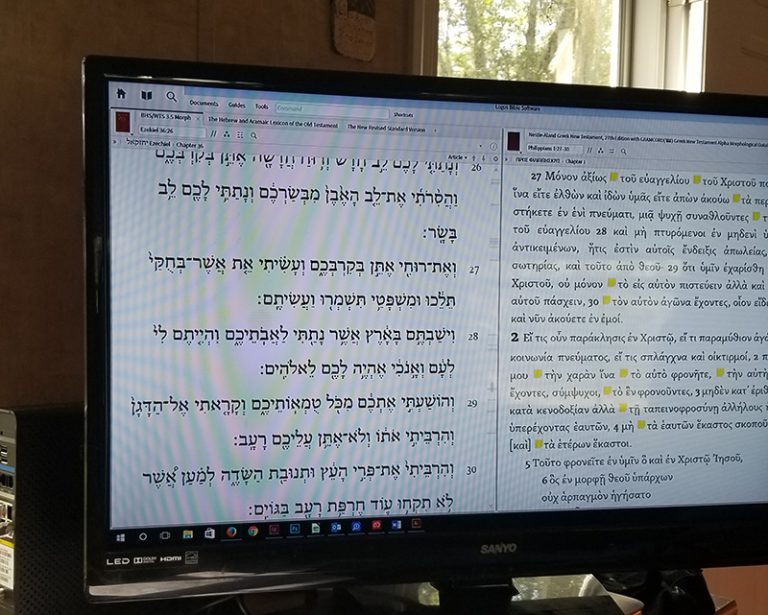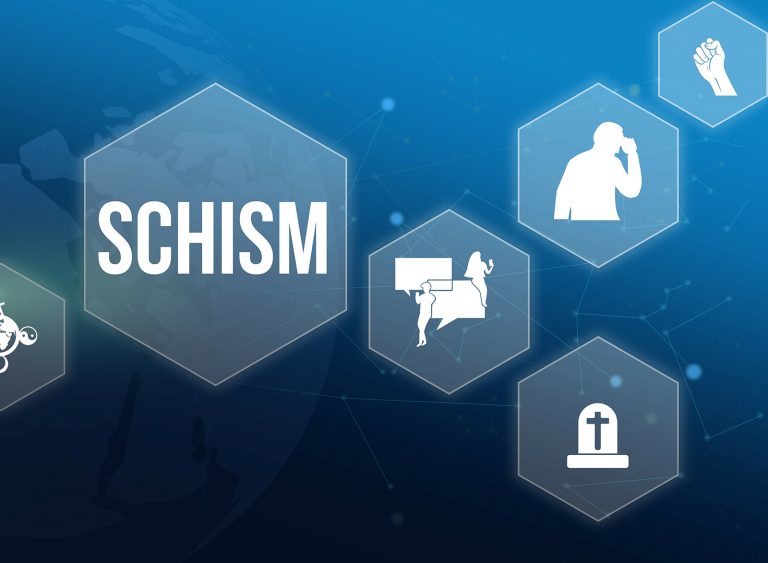On Camping: Do Errors Result from Lack of Theological Education?
Dr. W. Robert Godfrey, president of Westminster Seminary California, says that it does, according to the Christian Post. Dr. Godfrey, who was in the youth group taught by Camping at Alameda Christian Reformed Church, says that Camping reads the Bible like an engineer, lacks knowledge of the original languages, and doesn’t know how to read literature, especially ancient literature.
I would have to disagree–with the conclusion, not the facts. Indeed Camping does not read Greek and Hebrew, lacks formal training and theology, and to some extent reads the Bible like an engineer. On the last point it seems to me that a competent engineer should be able to discern when he is not reading an engineering text, i.e., the pieces just don’t fit together as and engineer would expect them to. There’s something else going on that causes him to force the Bible to fit a certain mold.
I’d suggest it’s a combination of a belief in inspiration–a high view of scripture, in fact–combined with a 20th century modernism in which scientific, mathematically precise knowledge is the best kind of knowledge there is. The Bible is the best book, so it must produce the best kind of knowledge. With that mindset carried to its extreme, the Bible must produce the kind of information Camping extracts from it. If it didn’t, it couldn’t be inspired, an unthinkable result.
As I noted earlier with regard to time setting, though Camping carries this to extremes, other interpreters are guilty of similar errors, such as trying to force biblical texts to produce advanced scientific knowledge they were never intended to convey. Dissatisfied with the spiritual message of the Bible–challenging enough in itself!–they search for “better” knowledge.
But are Camping’s errors the result of a lack of formal education? Certainly he makes calculations that seem nonsensical to those who read the Bible in its original languages with knowledge of its historical and literary context. So yes, there are errors that result from a lack of knowledge. But one can find plenty of errors committed by people with doctoral degrees as well. Different errors, yes, but still errors.
I think the headline (both mine and the one at the Christian Post) does a disservice to what Dr. Godfrey said. He comments later in the article that Camping “refused to learn from Bible scholars” and adopted a “proud individualism.” I’d say that a refusal to learn from others, not just from Bible scholars, would be the most basic problem.
There are plenty of sources from which one can get historical and literary information about the Bible. Doubtless such information was available to Camping. Yet he did not submit his work to testing and critique by others and listen to what they had to say.
In the participatory study method (described in my book Learning and Living Scripture, co-authored with Geoffrey Lentz), the final step in Bible study is sharing. By sharing, Geoffrey and I do not mean going out and letting everyone know what brilliant insights you have gained from your study. Rather,
You do this both to give others the benefit of what you have learned and to benefit from their comments and perhaps corrections.
As you study and question, find something to share. Remember that sharing can be in the form of a question. For example, one might ask others how they understand a particular word, such as “incarnation,” “poverty,” or “atonement.” Take notes on their answers, and bring that information back to your study.
Then ask yourself what your neighbors will hear when you make particular statements, such as “I must be bold for Jesus!” or “Jesus is the only way to receive atonement.” Do those statements mean something to them? Do they mean the same thing to them as they do to you?
This is part of contemplatio, as you try to be and do the text. We often think of sharing primarily as telling someone things that we have learned. But if what you learned is that God loves prisoners, for example, you might find that the best way of sharing that lesson is to become active in prison ministry.
Sharing demonstrates that you don’t believe the text is your private possession. It is God’s gift to the Christian community (p. 14, emphasis added).
Whether you lack a high school diploma or have multiple PhDs, humility, and teachability, is your best protection from getting stuck in error(s).




Henry, did you see the more detailed series of articles about Camping by Godfrey, which I linked to and reviewed in my post Harold Camping: once Reformed, now a heretic? I think the quotes in the Christian Post article are from that series, and there is more there about Camping’s faulty hermeneutics and heretical conclusions.
Actually I’d marked them to read, but hadn’t gotten to them yet. I’ll try to do that now.
Well said. And thanks for the information on Participatory Bible Study.
This attitude is far from uncommon. Eight years ago at a contentious local school board meeting (the contention being about injecting Intelligent Design into the science curriculum) I offered to loan my copy of Francis Collins’ The Language of God to a literatist Christian. He asked me “Does Collins believe in the Bible?” I responded that he is an evangelical Christian who accepts what modern science tells us about the age of the earth and biological evolution. The literalist responded, “No thanks, then. I don’t need to read something I don’t agree with.”
Sharing one’s knowledge (in this case, biblical) is so satisfying. We need to know the sources of any writing to make a judgement on its truth but should be careful in judging the author until we study his/her work.